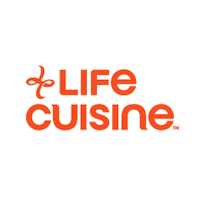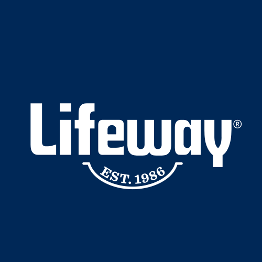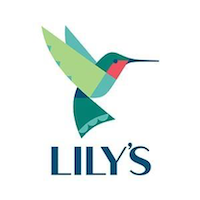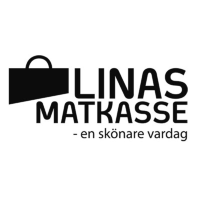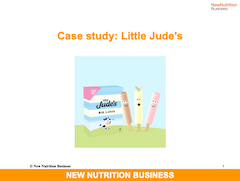Our case studies focus on brands and products that provide lessons from real challenges and opportunities which you can use to inform business strategy. They are packed with detail including brand portfolio, pricing, and communications and marketing strategy, merchandising and distribution, and come with a check list of key lessons learned.
Published: September 2024
Case study: Latitude 65
Latitude 65 has managed to carve out a space in the intensely competitive Swedish energy drinks market. Its focus on provenance and taste has resulted in impressive growth seen to both revenue and profit.
Download powerpointPublished: February 2021
Case study: Letti A2
Brazil's first A2 dairy brand launched in 2018 and has come far thanks to a marketing strategy that focuses on provenance, freshness and digestive wellness.
Download powerpointPublished: July 2022
Case study: Life Cuisine
Personalisation is an infamously tricky space to succeed in. Nestlé-owned Life Cuisine took a new approach to this challenge by acknowledging that consumer behaviours and preferences are becoming fragmented, and it's helped them achieve sales of over $70m.
Download powerpointPublished: October 2024
Case study: Lifeway
Lifeway is the brand that created the kefir category in US in the late 1980s. It maintains a market share of around 80% today and is currently reviewing an offer from Danone to buy the business for $283m.
Download powerpointPublished: February 2022
Case study: Lifeway
Lifeway created the kefir category in US in the late 1980s. The brand struggled as the kefir market reached its natural ceiling in the late 2010s but a pivot in messaging strategy has turned the company around, resulting in 15% growth in 2021.
Download powerpointPublished: February 2021
Case study: Lily's Sweets
Lily's Sweets is the fastest growing brand in the sugar-free chocolate category in the US and is a great example of how far striking packaging can get you.
Download powerpointPublished: March 2021
Case study: Linas Matkasse
This meal kit pioneer launched in 2008 and acted as a role model for industry giants such as Hello Fresh and Blue Apron. The Swedish company says its customer base tripled during the pandemic and its 2020 revenue exceeded $140m.
Download powerpointPublished: September 2018
Case Study: Lindahls
The Swedish pioneers in both Greek yoghurt and quark continue to show signs of trend awareness. They launched the first RTD smoothie bowl in the Swedish market earlier this year, and are hoping that this will help turn sales upward again.
Download powerpointPublished: December 2024
Case study: Lindahls
This brand essentially created the Swedish quark category and will benefit significantly from the resurgence of the quark trend currently seen in Sweden. It is a great example of a brand that has excelled at creating consumers understanding of dairy protein's health halo.
Download powerpointPublished: August 2019
Case study: Little Jude's
Small-batch luxury ice-cream maker Jude's is looking to disrupt kids' ice cream with a low sugar promise. Sub-brand Little Jude's launched in 2017, and its fruit & veggie lollies has a sugar level 46% below the UK government’s 2020 target.
Download powerpoint


